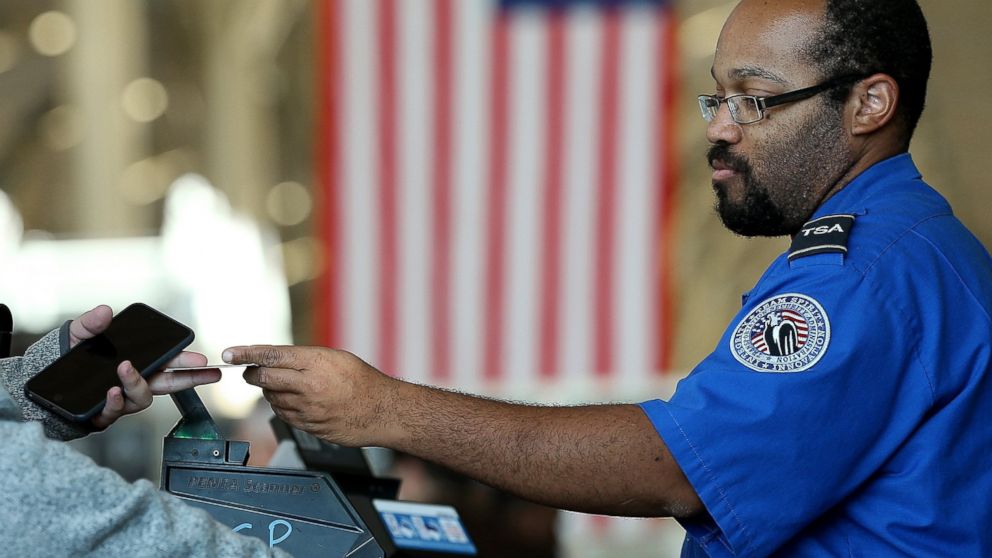Federal ID Rules Could Make It Harder to Board Your Plane
Enforcement of a 9/11-related ID law may cause headaches for travelers in 2018.

— -- Depending on what state you’re from, beginning in January 2018, your driver’s license may no longer be enough to get you through airport security.
Starting Jan. 22, 2018, passengers with driver’s licenses issued by a state not in compliance with, or under an extension of, the REAL ID Act -- a 2005 law recommended by the 9/11 Commission and designed to prevent ID fraud -- will need to show an alternate form of identification, like a passport or military ID, in order to board commercial domestic flights, the Department of Homeland Security announced today.
Five states -- Illinois, Minnesota, Missouri, New Mexico and Washington -- plus American Samoa are neither compliant nor covered by an extension, according to DHS. Only 23 states are fully compliant. The remaining states and territories are under extension.
Starting Oct. 1, 2020, every passenger will need to either present REAL ID compliant driver’s license or show an alternate form of ID, officials said.
"Given today’s threat environment, this requirement is as relevant now as it was when the 9/11 Commission recommended it," Homeland Security Secretary Jeh Johnson said in a statement, adding, "right now, no individual needs to adjust travel plans, or rush out to get a new driver’s license or a passport for domestic air travel."
In order to be REAL ID compliant, states must certify the license applicant’s identity, conduct background checks on workers involved in issuing the license, and incorporate anti-counterfeiting technology into the license card.




